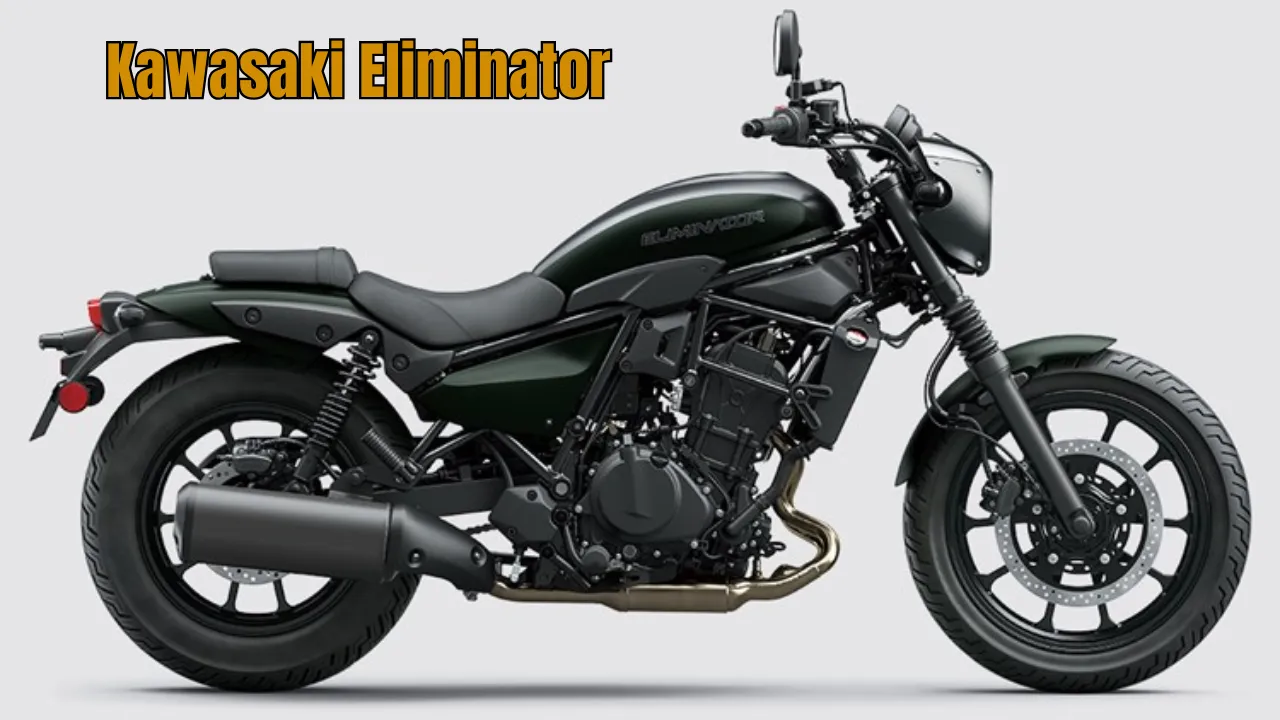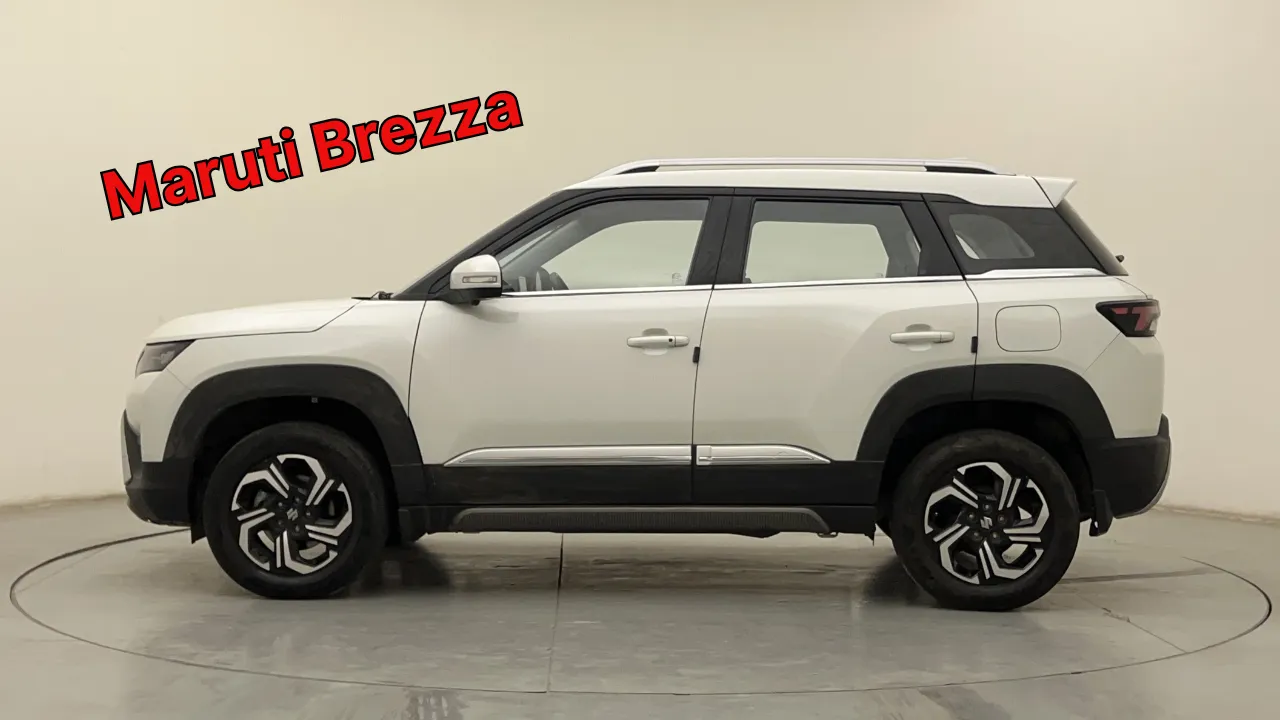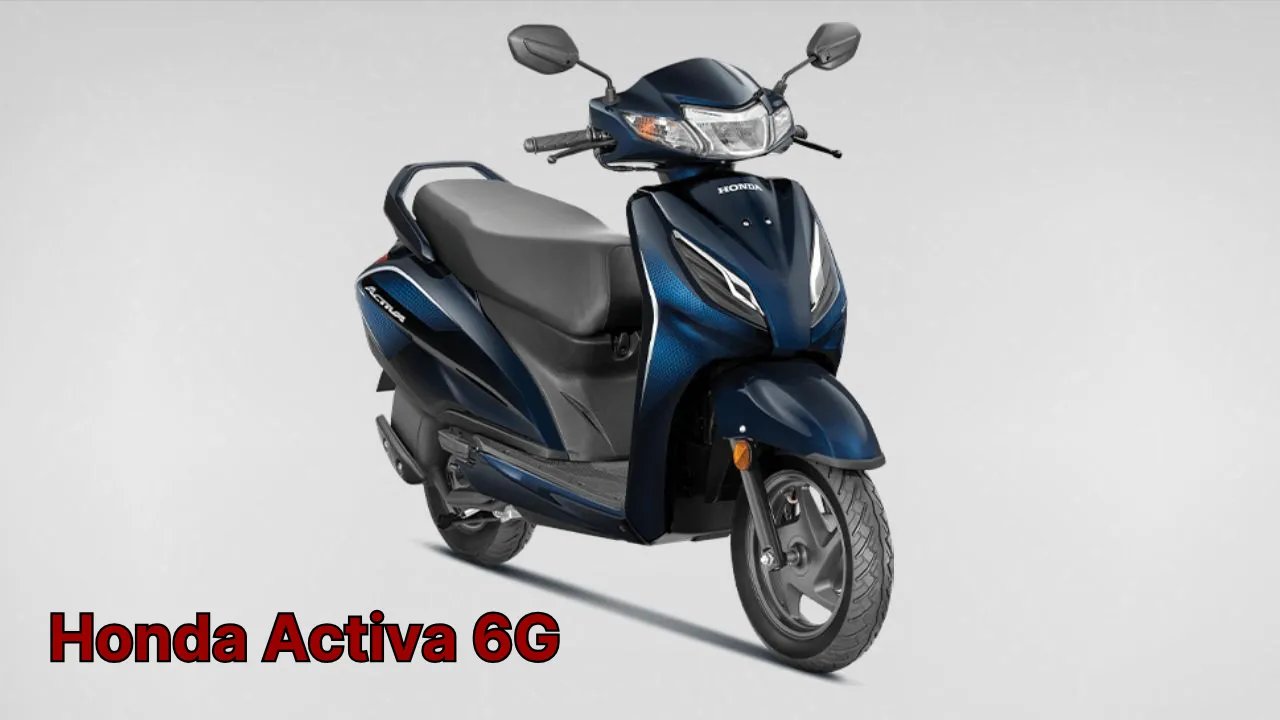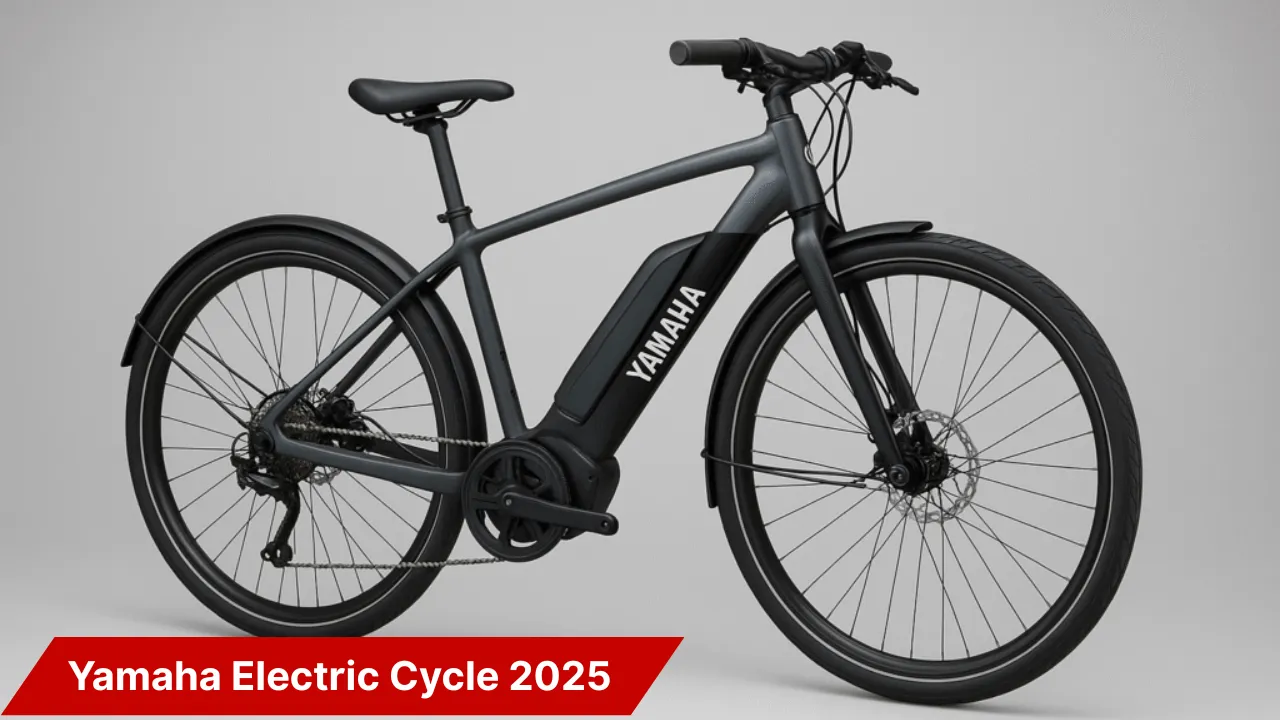A coir machine is not just a piece of equipment—it’s a vital link in transforming agricultural waste into economic value. In the heart of Kerala, a state known for its coir heritage, the Kerala State Coir Machinery Manufacturing Company (KCMMC) stands as a cornerstone of innovation and progress in this sector. Through decades of commitment to excellence, KCMMC has redefined how the industry approaches machinery production.
This article gives a detailed walkthrough of the entire lifecycle of a coir machine at KCMMC. From the first pencil stroke on a blueprint to the final bolt fastened during machine installation at a client’s facility, every phase reflects precision, dedication, and a deep understanding of coir processing. You’ll discover how these machines are designed, assembled, tested, and delivered, with unique insights into the people and systems behind them.
How KCMMC Builds a Coir Machine with Purpose and Precision
At the center of KCMMC’s operations is the aim to create robust, high-performing coir machines that serve both small-scale and industrial coir units. These machines are carefully engineered to convert coconut husk into clean, usable coir fiber, a key raw material for mats, ropes, and brushes. Unlike generic equipment, KCMMC’s machines are tailored to meet the unique demands of Indian coir production—prioritizing low power use, high output, and user-friendly controls. Every machine is the result of expert collaboration between engineers, fabricators, and operators, ensuring not just efficiency, but long-term sustainability.
Overview Table: Coir Machine Manufacturing at KCMMC
| Stage | Description |
| Design & Planning | Blueprint creation, software modeling, material specs |
| Material Procurement | Quality steel, motor units, rollers, and belts sourced |
| Fabrication & Assembly | Hands-on manufacturing using welding, shaping, and alignment |
| Testing & Quality Assurance | Functional tests on output rate, durability, power efficiency |
| Packaging & Delivery | Safe packing, manual documentation, eco-conscious shipping |
| Deployment & Training | On-site setup and user training for smooth operations |
| After-Sales Service | Support, spare parts, and performance check-ups |
Blueprint and Design: The First Step
Every coir machine at KCMMC begins with a vision. Before any steel is cut or a single wire is connected, a team of experienced mechanical engineers gets to work designing a machine that solves real-world issues in coir processing. Using modern CAD software, they create a virtual model of the machine, mapping out how each component should function. This stage is not just about structure but also about performance, with engineers calculating torque, speed, and output capacity to maximize productivity.
Design isn’t just technical here—it’s strategic. The team factors in the nature of coconut husk as a raw material and how best to optimize fiber extraction without compromising machine longevity. Special attention is given to safety mechanisms and how to make the machine intuitive for operators.
Material Selection and Procurement
Once the design is finalized, the procurement team steps in. They source only the best materials from vetted suppliers across India. From anti-corrosive steel for the outer frame to heavy-duty motors and gearboxes, every part of a coir machine is chosen to handle the rough, fibrous nature of its input.
Sourcing focuses heavily on durability, ensuring the machine can function for long hours in high-dust environments. Supply chains are managed closely to ensure consistent quality and timely delivery, a critical factor in meeting production deadlines without compromising standards.
Assembly and Manufacturing
Inside KCMMC’s manufacturing floor, the coir machine starts taking physical shape. Fabricators and technicians follow detailed assembly instructions to put together the structure, integrate the motor systems, and install processing chambers. The atmosphere is a mix of manual craftsmanship and semi-automated tooling, blending the best of traditional skill with modern precision.
Welding and fitting are performed under strict supervision. At this stage, care is taken to balance each component so the machine runs smoothly with minimal vibration. Misalignment at this point could lead to wear and tear during regular use, so every bolt and shaft is double-checked.
Testing and Quality Check
Before the machine can be shipped, it must prove its worth. The testing department runs simulations using actual coir husk to evaluate the machine’s fiber output, efficiency, and power consumption. Faults are rare due to the rigorous assembly process, but if any arise, they’re corrected immediately.
Each coir machine undergoes over 30 individual checks—from thermal monitoring of motors to belt alignment and safety sensor performance. Machines that pass this testing phase receive a QC certificate and are approved for dispatch.
Packaging and Dispatch
KCMMC ensures that packaging is as thoughtful as the product itself. Machines are cleaned, disassembled into transport-safe modules, and packed using moisture-proof covers and reinforced wooden crates. This prevents rust and mechanical damage during transit, especially in humid regions.
The packaging also includes an operating manual, safety booklet, and maintenance schedule—vital tools for any first-time operator to understand the system and avoid mishandling. Eco-friendly packaging options are used whenever possible, aligning with the company’s broader commitment to sustainable manufacturing.
Deployment at the Client Site
Delivery is not the end—it’s a transition. A trained KCMMC team travels with the machine to install it at the customer’s facility. Whether it’s a large coir processing plant or a small unit run by a cooperative, the setup is handled with equal precision.
Once installed, live demonstrations are conducted using the customer’s own coconut husk supply. Operators are trained in how to start, stop, clean, and troubleshoot the system. This hands-on approach ensures smooth adoption and better machine care over time.
After-Sales Support
KCMMC takes pride in not just selling a machine, but building long-term partnerships. The after-sales service includes everything from phone support to on-site technician visits. Clients can easily access spare parts, schedule routine servicing, or get help with technical queries.
This ongoing support helps reduce downtime, extend machine lifespan, and maintain consistent quality in coir fiber output. It also creates a feedback loop that feeds into better future models of the coir machine.
Key Stages of the Coir Machine Journey:
- Design & Development: Based on industry needs and client feedback.
- Testing & Deployment: Full performance testing before final delivery.
Why KCMMC Machines Stand Out
KCMMC’s edge lies in its ability to offer custom-built coir machines that meet varied client demands without sacrificing quality or performance. The combination of skilled labor, cutting-edge design, and consistent support means each machine isn’t just a product—it’s a reliable partner in the client’s growth.
With increased demand for eco-friendly machinery and local manufacturing, KCMMC continues to innovate while staying true to the needs of the coir industry. Their reputation is built not just on production volume, but on trust, service, and real-world results.
FAQs:
1. What is the role of a coir machine in the industry?
A coir machine processes coconut husk into usable fiber, which is essential for creating coir-based products like mats, ropes, and brushes.
2. How long does it take to manufacture a coir machine at KCMMC?
Depending on the complexity, it generally takes between 4 to 6 weeks from blueprint to final testing.
3. Does KCMMC offer custom designs for coir machines?
Yes, machines can be tailored to specific client requirements based on production scale and fiber type.
4. What type of maintenance does a coir machine require?
Regular cleaning, belt checks, and lubrication of moving parts are key. KCMMC also offers scheduled servicing.
5. Are KCMMC machines eco-friendly?
Yes, KCMMC focuses on sustainable manufacturing with energy-efficient motors and recyclable packaging materials.
Final Thought:
The journey of a coir machine at KCMMC reflects more than just a manufacturing process—it’s a reflection of Kerala’s deep-rooted innovation in traditional industries. Each step, from blueprint to deployment, is infused with care, precision, and purpose. With a growing global push toward sustainable production and rural empowerment, machines like these are shaping the future of coir processing in India and beyond.
If you found this article informative, feel free to share it with others in the industry or drop a comment below. Want to explore how machinery is transforming traditional crafts or discover more about eco-innovation? Browse our latest content for more insights.













 Claim Here!
Claim Here!